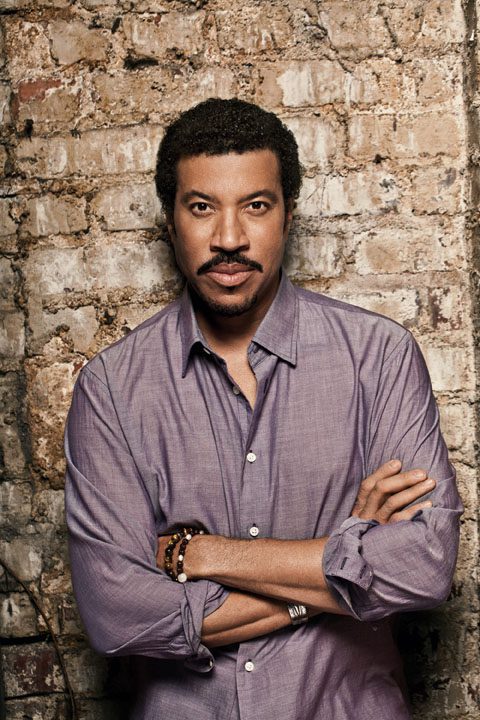By Kirkland Morris
“At last darkness has come.” Perhaps, just in time. Although Dark Shadows is a funny movie with an edge, it may prove to be just a bit too simple at its core.
Johnny Depp once again brings his “A” game to the big screen. He is a master at spewing life into characters who resonate long after the screen goes dark. But, for audiences and fans of Dark Shadows, that may not be enough.
I was familiar with the original 1966-1971 TV series, starring Jonathan Frid, and was not exactly thrilled about an attempt to turn the memorable series into a Hollywood, big-screen adaptation. However, I was pleasantly surprised at the job writer Seth Grahame-Smith did with crafting the big-screen version. Tim Burton also did a nice job of laying his creative veil over the look and feel of the film. Too bad the story, visual direction and acting weren’t all I needed for my entertainment appetite. The characters were delectable but the plot left me hungry. A simple, “˜woman-scorned’ plot tastes too bland.
Depp plays a comedic version of the infamous vamp, Barnabas Collins, who came of age in the 1800s during a time when his family had elevated itself to an aristocratic status. Barnabas finds himself the target of a woman’s affections that go horribly wrong, which inevitably sets up a crisis for him throughout the story. Young Barnabas is buried alive for decades until he is freed in the early 1970s. Once “˜uncovered,’ he finds himself trying to fit into current society not just as a cryptic antique who has missed a century of events but as a vampire to boot.
Branabas discovers that his once prominent family name has been reduced to almost nothing so he sets out to restore his family to prominence, but there’s just one problem. The woman, Angelique Bouchard (Eva Green) who put him in the “˜buried’ predicament a century ago, is still around and clearly has not buried the hatchet. Bouchard has managed to become the most powerful person in town and tries again to get Barnabas to submit to her love demands, but even after a century, he still refuses. The love-sick and scorned Bouchard, once again, sets her sights on Branabas and his family; it’s up to Barnabas to try and rectify the situation and restore his family honor.
The storyline was very predictable and built on top of a very simple premise that kept the film from reaching, I think, an achievable deeper plot. The woman scorned element allowed for a reasonable allotment of the fun and games but by the end, it just feels like strumming a guitar that has lost all of its strings. The back part of the film fell prey to a host of, although nicely done, visual effects that seemed more organic to another version of a film like The Mummy. Noticeably missing for a good time, in the latter part of the film, was Barnabas’ new love interest (Victoria/Josette, played by Bella Heathcote), who had been set on a course of self destruction. She seems to return to the screen only so that Barnabas could attempt to save her.
Barnabas’ family is made up of some pretty zany characters that held their own in the film. Noticeably, Willy Loomis (Jackie Earl Haley) who plays a scrawny, aloof, but often comical caretaker/handy man or jack of all trades. Michelle Pfeiffer had a very respectable presence on the big screen while the up and comer Chloe Grace Moretz did a masterful job at portraying Carolyn, the rebellious teen who was quite witty at times. Dr. Julia Hoffman’s (Helena Carter) comedic timing was always a welcomed breath. Barnabas’ new love interest (Heathcote) did a pretty good job at looking like the lost woman who “knew not where to turn” and did what


